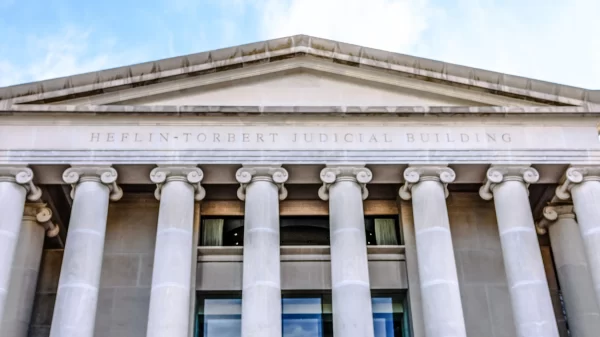By Bill Britt
Alabama Political Reporter
MONTGOMERY—In light of this weeks ruling by the US Supreme Court, the State of Alabama will most assuredly be forced to redraw some legislative districts.
On Monday, the Supreme Court threw out a lower court ruling that upheld North Carolina’s Republican-drawn electoral districts. In its ruling, SCOTUS cited the recent Alabama redistricting case in which Justice Breyer, writing for the majority stated, “[t]hat Alabama expressly adopted and applied a policy of prioritizing mechanical racial targets above all other districting criteria (save one-person, one-vote) provides evidence that race motivated the drawing of particular lines in multiple districts in the State.”
Since the High Court’s ruling in March, leaders in the Republican supermajority have defended the redistricting scheme, calling the court ruling a “technicality,” that would not be negotiated.
Despite the brave, public face, the North Carolina ruling lawmakers have come to understand that some manner of redistricting will occur.
The best case scenario for Republicans is to strike a deal with the Black Caucus to give them more representation by redrawing some lines, but not all. While the Black Caucus may be a willing to take what they can get, the fly in the ointment may be Joe Reed, who has nothing to gain from a political compromise or detente with the State’s Republicans.
Republicans are hoping to hold off in action until after the 2016 Presidential election.
There is fear that a special election in 2016, could diminish the GOP supermajority, forcing a limited power sharing arrangement with the Democrats.





















































